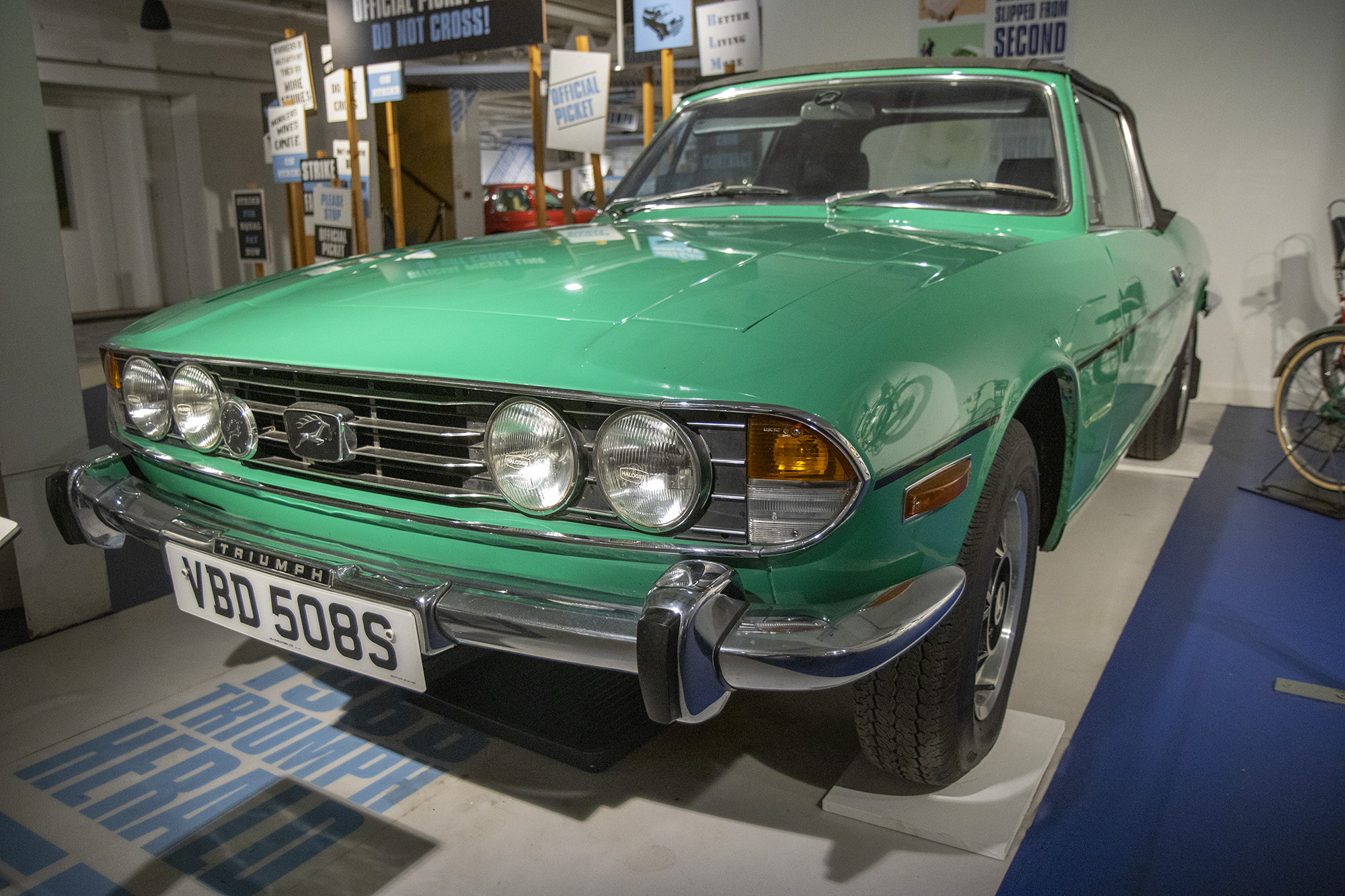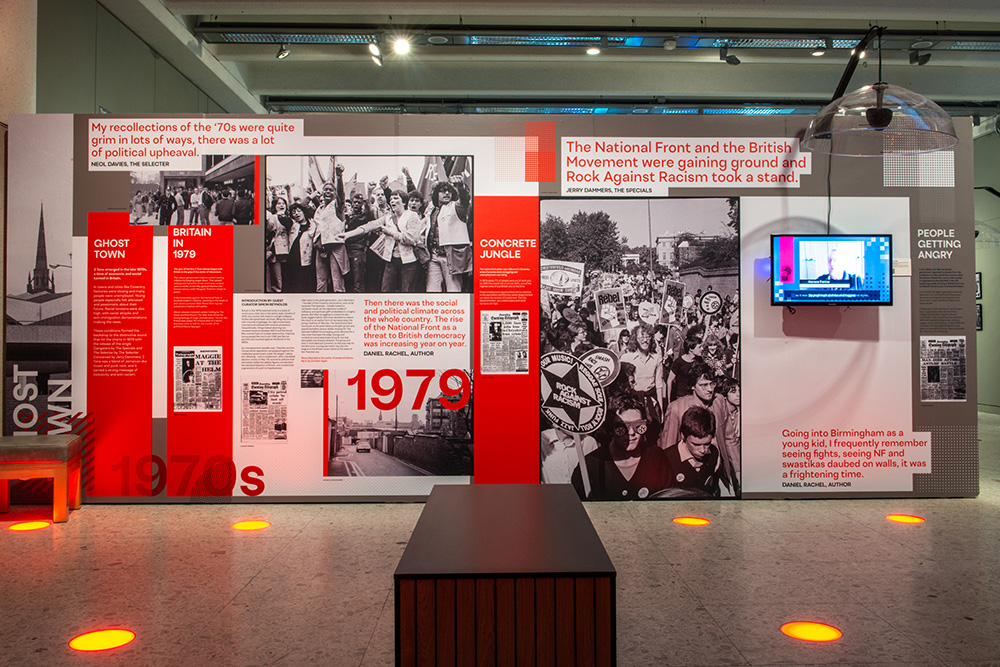Grown Up in the 1970s: Manufacturing Boom and Bust
25 October 2022
How did the decline of British manufacturing affect young people in the 1970s?

Alongside our Grown Up in Britain exhibition with the Museum of Youth Culture, we've been investigating what life was like for young people in the UK over the last 100 years. From the racial and cultural make-up of UK cities to their financial stability, it's hard to tell the story of how youth culture changed during the 1970s without touching on the history of British manufacturing, particularly here in Coventry.
During the 1960s and 70s, migration to Coventry increased rapidly as people flocked to the city for work. Throughout the post-war period, industry in the city was booming, particularly in motor vehicle manufacture, and in the early 60s, wages were 24% higher than the national industrial average.
As well as making long journeys from South Asia, Africa and the Caribbean, people also travelled from closer to home, with workers from Wales, Scotland and Ireland also settling in the city. By 1971, the city’s Indian population had grown to around eight times the size it had been in 1951, while its Irish population had increased from around 10,000 to almost 16,000. Migration from Pakistan was also on the rise.
Although people did face racism, the culture that these new communities brought with them steadily transformed and enriched the city, ultimately leading to exciting cross-cultural collaborations such as the 2 Tone Record label, which emerged at the end of the 1970s.

The post-war boom wasn’t to last, however: growing competition from European and American manufacturers meant that by 1974, Britain had dropped from second to fifth place in the ranks of the world’s biggest car-making countries, which inevitably hit workers in Coventry hard.
In 1975, British Leyland – which by this point had subsumed almost all of Coventry’s famous motoring marques, including Daimler, Riley, Standard, Rover, Austin, Morris, Alvis, Triumph, MG, Jaguar and Land Rover – eventually collapsed, under pressure from a combination of the 1973 oil crisis, high inflation, poor industrial relations and challenges with rationalising the huge number of competing models the company now owned.
British Leyland was partly nationalised in response, but problems continued: over the next seven years, the city’s top employers axed almost half of their combined labour force, leading to a period of massive unemployment, economic decline and growing social unrest, particularly amongst young people whose prospects looked bleak.
This tension would eventually erupt into the kind of violence The Specials would describe in their iconic 1981 single, “Ghost Town”. While the band members’ own experiences in Coventry were certainly a key inspiration, its lyrics reflected a mood of unease and instability felt in cities across the UK, as industry broke down and riots erupted in London, Birmingham, Leeds and Manchester.
Sharing stories and photographs from 100 years of youth culture, Grown Up in Britain is curated by the Museum of Youth Culture, and is free to visit until February 2023. Explore our online exhibition at Culture Space Coventry.
You can also find out more about Coventry's motor manufacturing industry at Coventry Transport Museum.